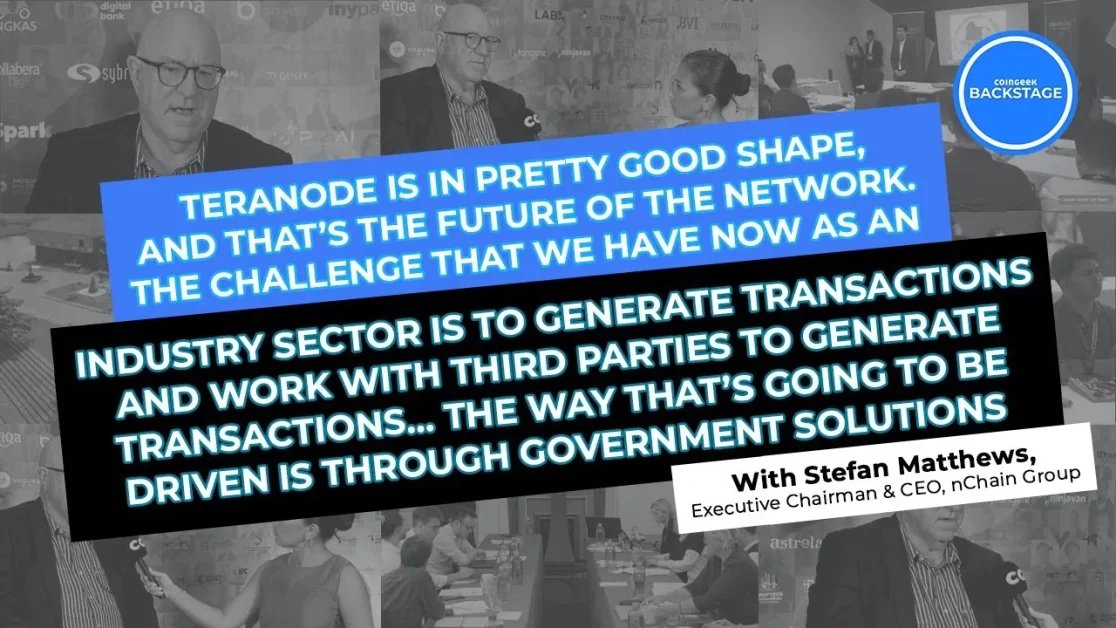The U.S. Securities and Exchange Commission (SEC) has initiated a legal battle against Consensys, a blockchain technology company, for allegedly offering unregistered securities to investors. Despite recent Supreme Court decisions limiting federal agencies’ authority in enforcing securities regulations, the SEC’s lawsuit against Consensys sheds light on the evolving cryptocurrency industry’s regulatory landscape. This article explores the details of the SEC’s complaint against Consensys and the broader implications of the Supreme Court’s rulings on federal agencies’ oversight of financial markets.
Legal Action Against Consensys
Recently, the SEC filed a civil complaint against Consensys Instrument Inc., accusing the company of not registering as a securities dealer and failing to register the offer and sale of certain ‘crypto’ securities. The complaint alleges that Consensys generated over $250 million from these unregistered activities. The primary issue revolves around Consensys’s MetaMask Swaps service, where the company facilitated transactions between buyers and sellers, charging a fee for token swaps. Since its launch in 2020, Consensys has brokered over 36 million transactions, including 5 million involving ‘crypto asset securities.’ Additionally, the complaint addresses MetaMask Staking, a program offering access to ‘liquid staking’ options provided by Lido and Rocket Pool using tokens like stETH and rETH.
Staking ETH involves validating Ethereum network transactions post its transition to a proof-of-stake consensus mechanism. However, the entry barrier for validators, requiring 32 ETH (approximately $109,000), is prohibitive for many users. Lido and Rocket Pool enable smaller stakeholders to pool resources to access multiple validator positions, sharing block rewards proportionately (minus fees). The SEC argues that these staking programs qualify as investment contracts and securities, as investors expect returns from the managerial efforts of Lido and Rocket Pool. Consensys’s role as an intermediary in these transactions further solidifies its involvement in distributing these securities.
Legal Implications and Responses
The SEC seeks a court injunction against Consensys’s unlawful activities and demands unspecified civil penalties. In response, Gurbir Grewal, the Director of Enforcement at the SEC, labeled Consensys a ‘noncompliant actor’ impeding investor protection. The SEC cites multiple ‘crypto asset securities’ brokered by Consensys, including MATIC, MANA, CHZ, SAND, and LUNA, among others. Notably, Ethereum’s ETH token, though excluded from the complaint, has characteristics of a security, especially post its transition to a PoS consensus.
Consensys’s rebuttal to the SEC’s lawsuit argues against the agency’s extended jurisdiction and attempts to redefine regulatory standards. The company’s proactive legal action in Texas indicates a jurisdictional dispute contrasting with the SEC’s New York filing. Recent Supreme Court rulings, like limiting the SEC’s administrative court authority and overturning Chevron deference, signal a shift in federal agencies’ regulatory power. These decisions could catalyze legal challenges against administrative penalties and empower judges to interpret regulatory intent, potentially leading to increased legal uncertainties.
Vitalik Buterin’s Regulatory Insights
Ethereum co-founder Vitalik Buterin weighed in on regulatory uncertainties in the crypto space, proposing a shift towards transparent token issuance with clear long-term value propositions. Buterin’s recommendations call for regulators and industry players to engage in good faith to establish compliant practices. However, Buterin’s association with controversial entities like Railgun and Ethereum’s governance ties raise concerns about his regulatory perspectives.
the evolving regulatory landscape, coupled with legal disputes like the SEC’s case against Consensys, underscores the challenges and complexities in regulating the cryptocurrency industry. As stakeholders navigate these legal uncertainties, a balance between innovation and compliance remains crucial for the sector’s sustainable growth and investor protection.


